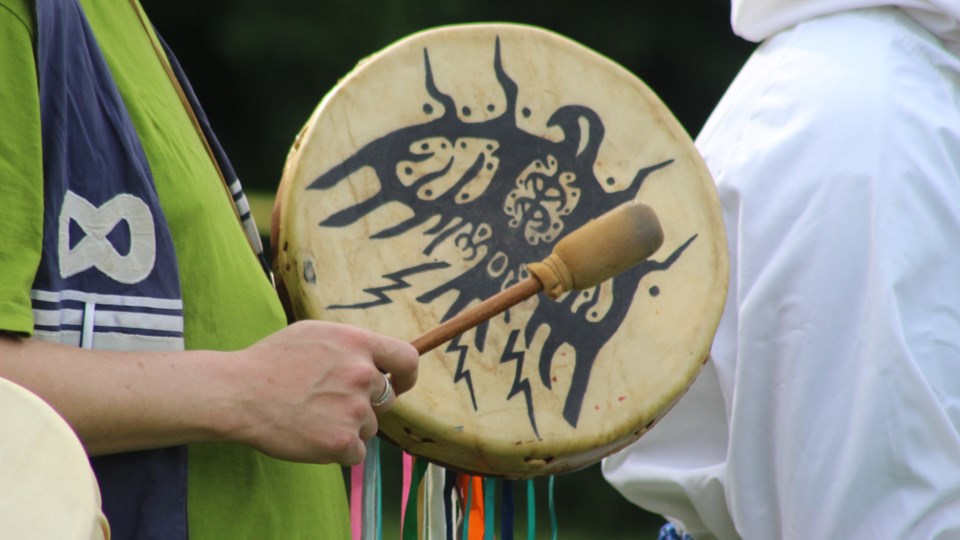GUELPH — As Pope Francis makes his way across Canada to address the harms of Indigenous residential schools, survivors, academics and politicians alike are calling the visit an important step.
The Pope is in Quebec, and will hold a mass at the shrine of Ste-Anne-de-Beaupré, east of Quebec City Thursday, then attend vespers with church officials at the Cathedral-Basilica of Notre-Dame de Québec.
On Friday, he is to make a brief stop in Iqaluit before heading home to the Vatican.
"I think for a lot of survivors, the trip is meaningful, the apology is meaningful," said David MacDonald, a political science professor at the University of Guelph, who has written extensively on the Canadian residential school system.
"It's something they've put into the Truth and Reconciliation Commission calls to action, so it's something they've wanted for a long time. If it's useful for their healing, I think that's great."
GuelphToday reached out to the University of Guelph's Indigenous Student Centre, as well as the Mississaugas of the Credit First Nation for comment, but didn't get a response by the time this article was published.
MacDonald emphasized multiple times in his conversation with GuelphToday the Pope is here for the survivors, and if the survivors are happy, then settler-academics need to be careful in critiquing the apology too much.
But he adds there are others, including survivors and other Indigenous people who see the visit as "an exercise in diplomacy for the church."
He does feel while some on the outside may see it as a minimum apology, but it is a start.
Omer St-Onge agrees, noting it's a "small step" in the healing journey. But the residential school survivor from Quebec told The Canadian Press Wednesday action needs to accompany the apology.
"It's time for the Pope to decide to give us back artifacts, objects that were taken from us that are all at the Vatican and in churches, documents about young people who died," St-Onge said.
MacDonald echoed that sentiment.
"I think there's a level of transparency that has to take place," he said, noting the Roman Catholic Church needs to pay what they owe under the Residential Schools Settlement Agreement, implemented in September 2007, and allow access to their archives.
"I don't know if the Catholic church thinks (the apology)'s the end of the matter," he said. "But if they do, that would be fundamentally wrong."
As for the depth of the apology, MacDonald also points out the Pope hasn't accepted responsibility or liability on behalf of the church as an institution.
"The Pope has basically apologized for some church priests, nuns and others who committed crimes," he said.
"To some extent, the other churches have done that, and the Catholics haven't. I think that's something that should also happen as well."
Fabian Jaubert, whose grandmother and aunts were residential school survivors, told The Canadian Press the very same, hoping for an apology from the church, "instead of just certain actors."
Guelph MP Lloyd Longfield said he's been watching the reaction of Indigenous people "very closely" during the Pope's visit, and said it's laying the groundwork for next steps to be taken.
"It's obviously a very important step on the truth and reconciliation journey," he said.
Longfield adds he's seen a mix of reactions, hearing how difficult forgiveness is, and that "a lot of hurt comes up during these kinds of events."
He said what he's looking out for is what those next steps are going to be in the journey.
"A lot of those next steps fall on the Catholic church, many of them continue to fall on the federal government," he said. "But also with the Indigenous community, how they will respond and how they will seek healing.
"Hopefully, we're able to come to some sort of reconciliation."
